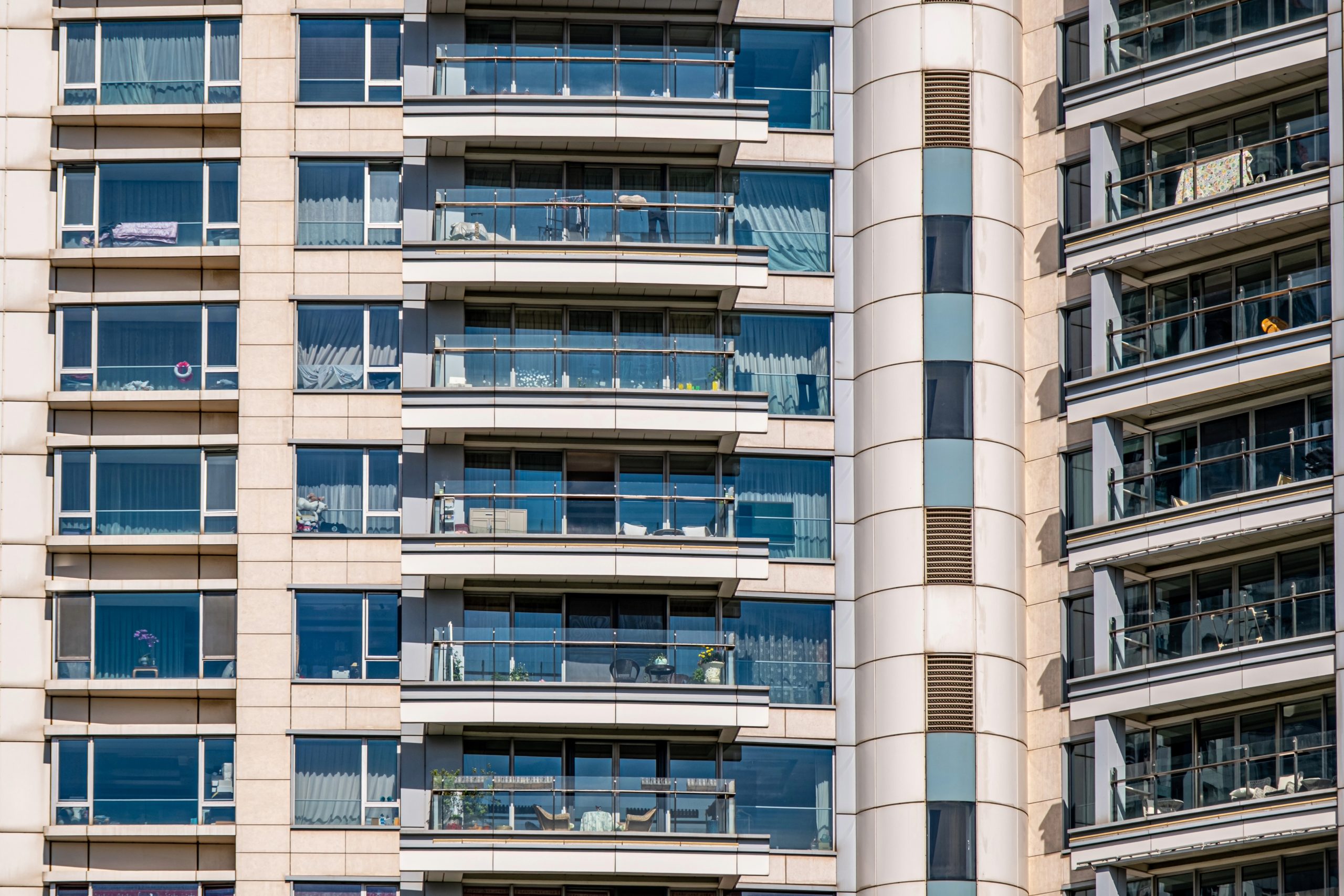Shanghai Mirrors Beijing in Easing Housing Purchase Rules for Outskirts
By Chen Bo, Yang Jing and Denise Jia


Shanghai has joined Beijing in easing property purchase restrictions in its outer districts, a move aimed at reviving weak housing demand and reducing a glut of unsold homes.
The new policy, unveiled on Monday by six city government departments, allows eligible households to buy unlimited new and secondhand homes outside the city’s Outer Ring Road. Previously, purchases were capped regardless of location.
Qualified buyers include Shanghai-registered households as well as outsiders who have paid social insurance or income tax in the city for at least one year. Under the new rules, single adults are treated as households.
Inside the Outer Ring, Shanghai households and single residents l remain limited to two homes, while nonlocals who meet the one-year threshold face no restrictions outside the ring.
The easing specifically targets noncore districts, where housing stock is piling up. According to Li Yujia, chief researcher at the Guangdong Housing Policy Research Center, new houses outside the Outer Ring now make up 70% of Shanghai’s total stock, with a destocking cycle exceeding 20 months. Nearly 40% of the city’s secondhand listings are also concentrated in these areas.
That oversupply has intensified competition between new and resale markets. “Developers and homeowners are fighting for the same buyers, sometimes cutting prices so sharply some communities have fallen back to 2016 levels,” Li said.
In Shanghai, luxury homes and prime central properties hit record prices earlier this year before retreating, while suburban prices remained stable, with the lowest-tier districts consistently trading at a persistent discount. Despite leading first-tier cities in new-home and resale transactions, Shanghai has seen weakening momentum since the March. Secondhand housing deals fell for four straight months through July, down more than 33% from March — while new-home sales dropped 25.6% over the same period, according to China Real Estate Information Corp. (CRIC).
Analysts see the latest easing as a chance to revive activity. “Beijing’s new rules lifted demand, and Shanghai’s will probably do the same,” said Zhu Jin of CSC Financial Co. Ltd. Founder Securities’ Yang Wenji noted, the policy could drive weekly sales outside the ring in districts such as Jiading and Songjiang, while also easing repayment burdens and releasing pent-up demand from upgraders and first-time buyers. But he warned it could siphon funds and demand from smaller cities.
Shanghai has long enforced some of the toughest property curbs among China’s four top-tier cities, particularly on nonlocal buyers. Previously, homebuyers without local household registration, or “hukou”, had to pay five consecutive years of tax or social insurance to qualify, while single nonlocals were barred entirely from restricted zones.
The nationwide housing downturn since late 2021 has pressured policymakers to act. By 2023, investors saw easing restrictions in first-tier cities as a last-resort measure, but central regulators urged caution. Only in January 2024 did the housing ministry stress that cities could tailor policies to local conditions.
Shanghai responded gradually. On Jan. 30, 2024, it allowed nonlocal singles to but outside the Outer Ring. More steps followed in May and September broadening access for nonlocal families and singles.
These changes temporarily lifted sentiment. Sales in leading cities picked up in late 2024 and early 2025, but by the second quarter the effect was fading. Data from the National Bureau of Statistics show new-home prices in Shanghai rose from May to July, but at a slowing pace, while secondhand prices fell for three straight months, with declines widening to 0.9%.
On Aug. 18, Premier Li Qiang called for stronger measures to stabilize the housing market. Hours later, Beijing became the first to announce unlimited home purchases for qualified households and singles outside its Fifth Ring Road.
Analysts said Shanghai’s move could relieve pressure in oversupplied districts. “New supply has been concentrated outside the ring for years. The latest adjustment should help ease the de-stocking burden,” CRIC said in a note.
Alongside purchase rules, Shanghai also overhauled mortgage policies. Banks are no longer required to differentiate between first- and second home loans, and can set rates based on business conditions and borrower risk.
That change is expected to lower rates for second-home loans. “It will encourage households to either add a property or trade up, releasing pent-up demand for better housing,” said a report by E-House Real Estate Research Institute.
The city also raised public housing fund loan limits, allowed withdrawals for down payments and fine-tuned housing tax rules. Analysts said Shanghai’s measures mirror Beijing’s approach but go further in scope and strength.
E-House added that the combined policies should boost activity in the Outer Ring’s new and resale markets. With the traditional “golden September, silver October” peak season approaching, developers and agents are expected to seize the momentum to push sales.
Contact reporter Denise Jia (huijuanjia@caixin.com)
caixinglobal.com is the English-language online news portal of Chinese financial and business news media group Caixin. Global Neighbours is authorized to reprint this article.
Image: Roberto Sorin – stock.adobe.com
